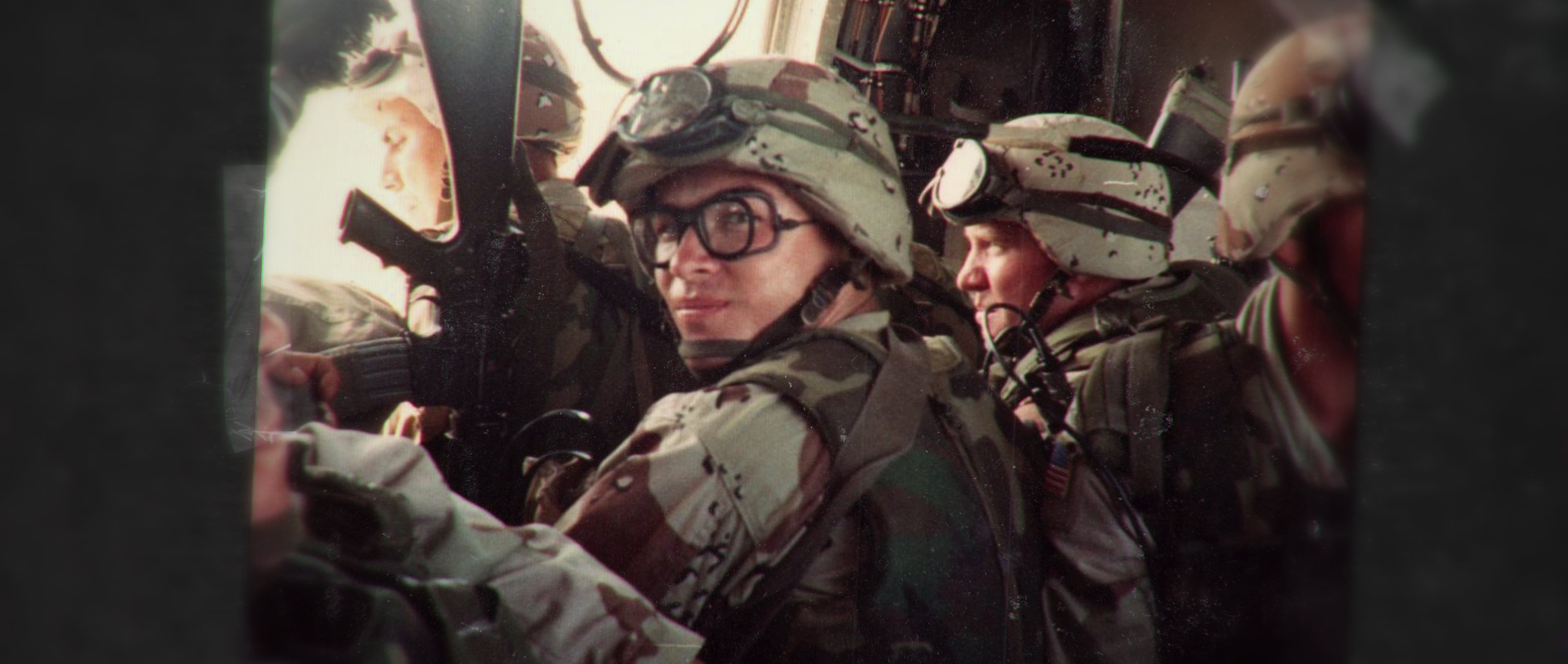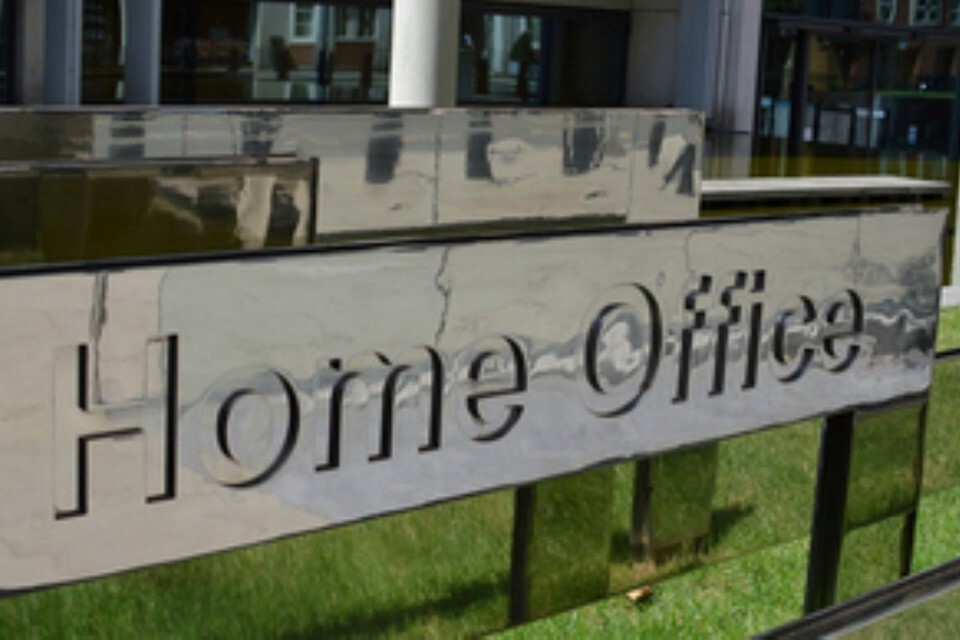Ridley Scott’s 2001 war film Black Hawk Down divided critics when it was first released in the wake of the 9/11 attacks. The gritty action movie, which features a star-studded cast including Josh Hartnett, Ewan McGregor and Eric Bana, depicted true events from 1993’s Battle of Mogadishu in Somalia and became a box office success, as well as winning Oscars for editing and sound.
However, it was also criticized in some quarters for playing fast and loose with the facts. Ken Nolan’s screenplay streamlined Mark Bowden’s 1999 book Black Hawk Down: A Story of Modern War down to feature film length, and was accused of whitewashing the real story. In a 2002 article for The Independent, Repo Man director Alex Cox questioned why the deaths of Somali citizens had been overlooked and pointed out that McGregor’s character had been renamed after the real-life GI was convicted of raping a 12-year-old girl.
The new three-part series Surviving Black Hawk Down, produced by Scott’s own production company Ridley Scott Associates and directed by Jack MacInnes, revisits the Battle of Mogadishu through a documentary lens and invites both American and Somali survivors to recall and describe the events in their own words.
The battle, which saw two Black Hawk helicopters crash out of the sky, took place on October 3 and 4 1993 but its origins can be traced back to the start of the Somali civil war.
The late 1980s had been a time of political unrest in the country, and President Siad Barre’s authoritarian regime would eventually fall in 1991. The following year, food shortages and severe drought led to mass starvation and famine. United Nations peacekeepers were sent into the country, but soon found themselves clashing with Somali National Alliance leader Mohamed Farrah Aidid. The US military launched Operation Gothic Serpent to capture Aidid, who they considered a rogue warlord.

At the start of October 1993, American forces were dispatched to Mogadishu in pursuit of Aidid and his lieutenants, but his militia fought back.
After a pair of Black Hawk helicopters were shot down, what had been intended to be a military strike was transformed into a messy rescue mission. As Bowden wrote in his book: “Insurgents shot down two American Black Hawk helicopters with rocket-propelled grenades. When about 90 US Rangers and Delta Force operators rushed to the rescue, they were caught in an intense exchange of gunfire and trapped overnight.”
The rescue was far from smooth. As The Independent correspondent Steve Bloomfield wrote later: “Eighteen US Army Rangers were killed in the firefight that followed. Their broken bodies were dragged through Mogadishu’s battle-scarred streets. An estimated 1,000 Somalis died that day too, although they didn’t get a Hollywood film made about them.”
As heroic as Scott’s film attempted to portray the incident, most remember it as a disastrous debacle. Surviving Black Hawk Down goes some way to try to redress that imbalance, featuring interviews with Mogadishu residents who found themselves trapped in the war zone and local militiamen as well as the Army Rangers and Delta Force soldiers they fought against.

Watch Apple TV+ free for 7 days
New subscribers only. £8.99/mo. after free trial. Plan auto-renews until cancelled
Try for free

Watch Apple TV+ free for 7 days
New subscribers only. £8.99/mo. after free trial. Plan auto-renews until cancelled
Try for free

Among those interviewed is Saido Mohamed, a Mogadishu resident whose home was taken over by US soldiers seeking shelter from Aidid’s militia. She gives a harrowing testimony that stretches across two episodes, recalling her fears of both the Americans who invaded her home and the Somali fighters who surrounded it.
Soldiers on both sides are frank about the violence they meted out. One American soldier recalls deciding to “kill everybody that I could see that was hostile or acting hostile in any way. I don’t think my finger came off the trigger for very long at all.” A Somali fighter says: “The fall of the helicopter was the happiest moment I ever had,” and adds: “My gun never had a rest.”
There was little glory in what happened next, either. In the aftermath of the Battle of Mogadishu, US troops pulled out of the country and the rest of the UN peacekeeping mission followed soon after. As Bloomfield noted: “Somalia was left to slide back into anarchy.”
‘Surviving Black Hawk Down’ is streaming now on Netflix




